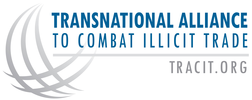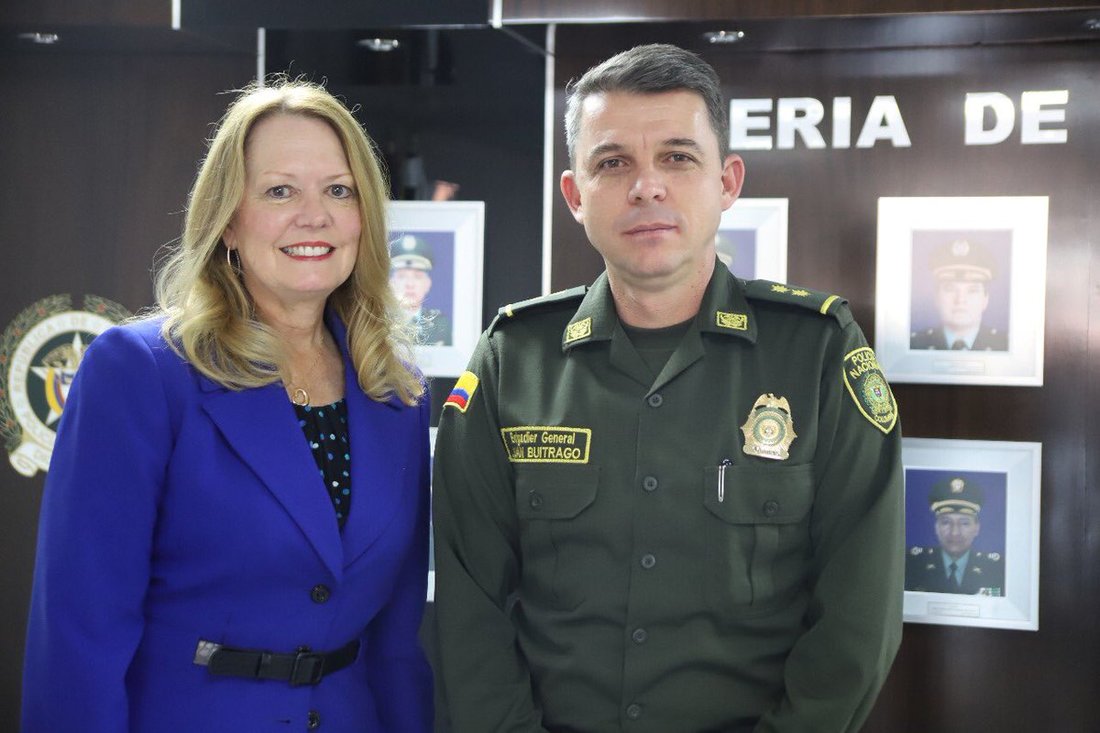|
Last week I had the privilege of leading a delegation of member companies of the Transnational Alliance to Combat Illicit Trade (TRACIT) to meet with government officials and business leaders in Bogota, Colombia. Our message was straightforward: To effectively curb illicit trade, Colombia must step up its regulatory enforcement efforts, develop a comprehensive anti-illicit trade program and work more closely with the private sectors that are vulnerable to illicit trade. To demonstrate our commitment to the process, we carried a list of policy recommendations designed just for Colombia and supported by data from an Economist Intelligence Unit’s (EIU) Global Illicit Trade Environment Index, which TRACIT had commissioned to rank 84 countries (95% of global GDP and trade) on the extent to which they enable of prevent illicit trade.
Colombia ranks 43 out of 84 countries on the Index, primarily because of issues around transparency and governance of its Free Trade Zones (FTZs). TRACIT also commissioned the EIU to produce a 5-Free Trade Zone Case Study report to provide more context for what is happening in FTZs, and focused on several Latin America FTZs, including the FTZ of Colon in Panama, the Corozel Free Zone in Belize and the Maicao Special Customs Zone in Colombia. We discussed with Colombian government leaders our mutual concern that illicit trade is rampant in the region thriving on limited governance of the three major Zones. Deceptive transshipment practices, mislabeling and fraudulent invoices allow illegal traders to bypass sanctions, trade tariffs and regulations by hiding the identity of the country of origin or the illicit nature of the goods, as well as the final destination countries. Criminal operators exploit unregulated zones to manufacture or assemble products from raw materials or subcomponents, and then package or repackage the final illicit products for further shipment. The good news is that we left Bogota with the distinct impression that the new Colombian government is suitably aware of the problem, has the political will to implement a comprehensive program to curb it and is willing to work with the private sector and consider our recommendations. Brig. General Juan Carlos Buitrago, Director of Fiscal Police and Customs of Colombia, for example, explained in great detail how the Administration is working across its internal departments and states, and with neighbors in Latin America and key regional and multilateral organizations to implement its laws, step up enforcement against corruption and curb the flow of illicit trade through its ports, airports and cross-ways through its borders. This is good news for a country that has been beleaguered by all sorts of illicit trade for decades. It’s a clear sign that change is afoot, and I can say that TRACIT and our member companies are committed to working with Colombia to fight illicit trade and to make Colombia a model for clean trade zones, which will be good for Colombia’s economic growth and consumer safety. Cindy Braddon Head of Communications and Public Policy, TRACIT Email: [email protected]/ Twitter:@TRACIT_org Comments are closed.
|
About tracit talking pointsTRACIT Talking Points is a channel we’ve opened to comment on current trends and critical issues. This blog showcases articles from our staff and leadership, along with feature stories from our partners in the private sector and thought-leaders from government and civil society. Our aim is to deepen the dialogue on emerging policy issues and enforcement measures that can be deployed against illicit trade.
Categories
All
Archives
February 2024
|
|
Transnational Alliance to Combat Illicit Trade (TRACIT) is an independent, non-governmental, not-for-profit organisation under US tax code 501(c)(6).
© COPYRIGHT 2024. ALL RIGHTS RESERVED. |
Follow us
|

